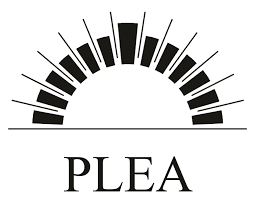Climate-sensitive open spaces within cities may benefit the three dimensions of sustainability, affecting economical, social and environmental factors. Aiming to improve microclimatic conditions in urban spaces can enable people to spend more time outdoors, with the potential to influence the social cohesion of a space and increase economic activity. The wider aim of this research is to develop better understanding of the complex relation between microclimate and human behaviour in open public spaces in hot arid climates. Case studies were carefully selected in two different parts of the world (Marrakech in North Africa and Phoenix-Arizona in North America) to represent a variety of users in similar climatic context. This enabled us to study the effect of the socio-economic and cultural diversity on thermal comfort, behaviour and use of space. Field surveys included structured interviews with a standard questionnaire and observations of the human activities, along with microclimatic monitoring, carried out during winter and summer 2008 and 2009. The analysis consists of the microclimatic influence on the thermal sensation, preference and people attendance; the effect of psychological adaptation on subjective thermal evaluation of outdoor spaces; and finally, investigation of socio-economic and sociocultural impact on behaviour of people in outdoor space.

